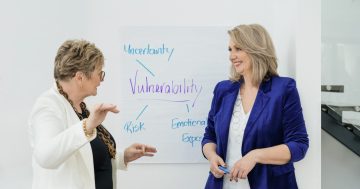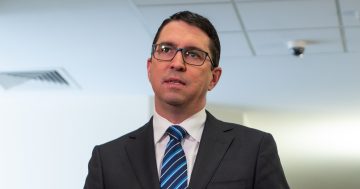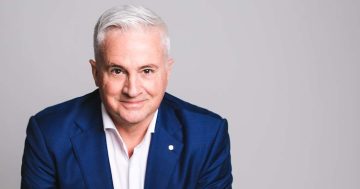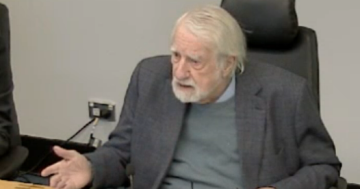EUROPE
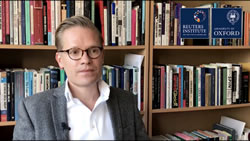 Public broadcasting in Europe could face a “very real risk of irrelevance” and struggle to justify the money it receives if it fails to improve its online reach, a new report has found.
Public broadcasting in Europe could face a “very real risk of irrelevance” and struggle to justify the money it receives if it fails to improve its online reach, a new report has found.
The study of the public service broadcasting reach in eight European countries was published by the think tank Reuters Institute for the Study of Journalism.
It found that outlets fell “far short” of ambitions to be “near-universal” sources of news.
The Audience of Public Service News report — which surveyed audiences in the UK, Finland, Italy, Greece, France, Germany, Czech Republic and Spain — found public broadcasters were “heavily reliant on declining offline broadcast channels”.
What online output there was added little extra reach among the public, the report said.
The British Broadcasting Corporation (BBC) bucked the continental trend, with the report finding it reached 50 per cent of Britons through its online output alone.
Its closest rival was Finnish public service outlet, Yle, which reached 35 per cent of 2,009 surveyed Fins with its web content.
Among only under-25s, BBC News online output also had better reach than its European counterparts, at 56 per cent.
“As younger people continue to spend less time with offline media and more time online, this will become an increasingly serious challenge to the reach of public service news,” the report said.
The report’s lead author, Anne Schulz said if the online performances of public news brands did not improve, they risked “continued decline and ultimately irrelevance to much of the public”.
Co-author and Director of the Reuters Institute, Professor Rasmus Kleis Nielsen (pictured) said the challenges that faced public service media were bigger than commonly acknowledged.
“If they do not find more compelling and engaging ways of delivering online news, especially to younger people and people with limited formal education, they ultimately will not be able to deliver on their public service mission or justify the public funding they receive,” Professor Nielsen said.
London, 12 September 2019





